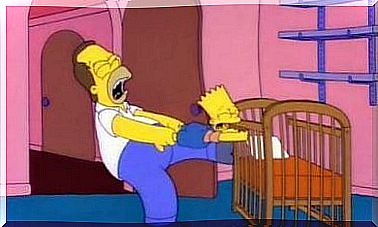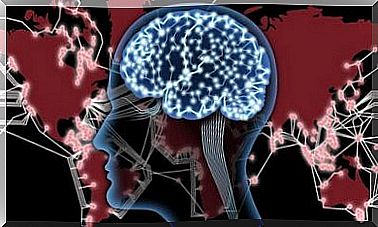The Psychological Effects Of Unemployment
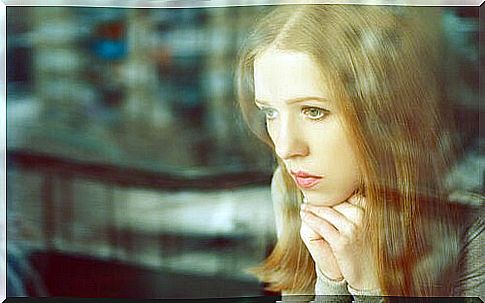
In addition to guaranteeing us an economic level or a salary, work is also to be considered a source of well-being and psychological and / or social balance. When it is not there, various psychological changes arise in life that are worth investigating. Read on to learn more about the effects of unemployment!
When a person is looking for work for the first time or has worked for years and suddenly finds himself unemployed, he can experience various emotional, psychological and social transformations.
According to the American Psychiatric Association (APA), “unemployed people are at increased risk of suffering from psychological problems such as depression, anxiety, psychosomatic symptoms, poor psychological well-being and low self-esteem” (Paul & Moser, 2009).
It must be taken into consideration that the condition of unemployment is an experience that transcends the objectivity of the lack of employment, because it is experienced and interpreted in different ways according to individual circumstances, including the psychological resources that a person has. available and the environment in which he lives.
According to the various researches and the opinion of professional experts, it is possible to identify common phases and factors in relation to the psychological effects that an unemployment situation can trigger. Below we will try to identify them together.
Stages preceding job loss
Typically, the first reaction before the onset of unemployment is perplexity, along with skepticism and fear. It’s like a shocking situation in which feelings of confusion and disorientation alternate, a feeling of failure and an inability to plan for the future.
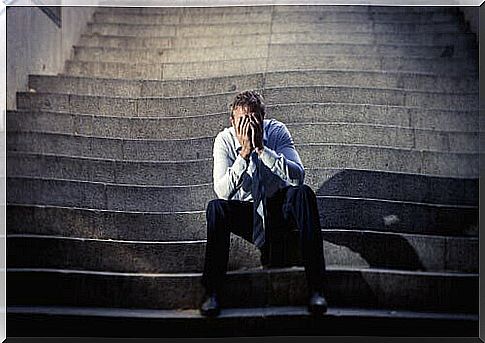
Then, a recovery phase follows, characterized by an unreal optimism, with the impression of “being on vacation”, so the person does not yet feel unemployed. Job loss is perceived as a temporary thing.
If this situation is not resolved, the person understands that he can no longer experience this moment as a vacation, so he panics and fears that unemployment will continue over time. And it is at this point that he starts looking for a new job and receives the first refusals.
When all efforts fail, the individual feels pessimistic and may present with symptoms of anxiety, with periods of melancholy and irritability. In many cases, psychophysiological disorders can also appear. At this stage, family support and the ability to cope with situations are crucial.
Subsequently, the recognition of one’s identity as an unemployed occurs with all its psychological characteristics. The fatalistic ideas arrive, the job search activity decreases, therefore also the prospects of success. Thus, the individual sees unemployment as a personal and not a social failure, which leads to isolation.
With the passage of time, the social experience suffers, due to a different daily life and the tendency to isolate oneself from social life, the sense of shame and insecurity. Situations that get worse and worse also because of the indifference and contempt of those who do not know how to understand the moment of difficulty. It is not unusual for the unemployed person to enter a depressive spiral in which the stimuli for active reaction are less and less and the chances of succumbing to certain temptations, such as drugs, are increasingly greater.

Psychological consequences of unemployment
One of the first effects of unemployment is the invisibility syndrome, as stated by José Buendía, Professor of Psychopathology at the University of Murcia. The person who is affected feels that others “do not see it”, he feels lost among the people, considering himself completely excluded from the economic-social system.
Unemployment also causes a feeling of tension in many individuals who do not find work for the first time or who have always done a certain activity and can no longer do it. This situation represents for the individual a change in the social structure to which he was accustomed, he has lost, in fact, his professional identity.
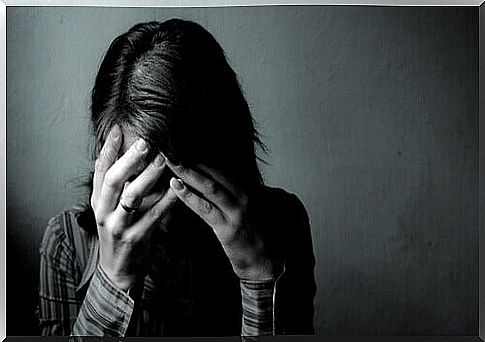
The person isolates himself from others, triggering a deterioration in family and social relationships. Symptoms of depression, such as sadness or apathy, can increase. In other cases, feelings such as irritability, fear, worry and / or anxious symptoms occur. The condition of unemployment has also been linked to the appearance of psychophysiological disorders.
